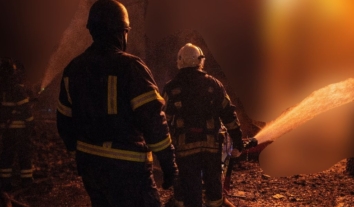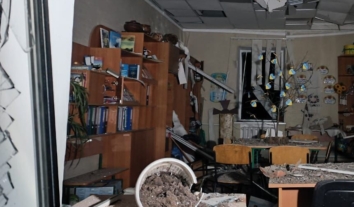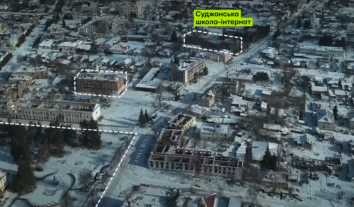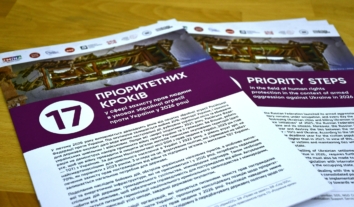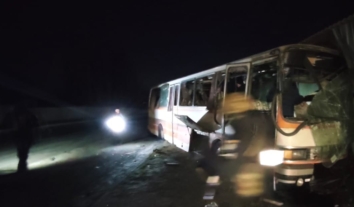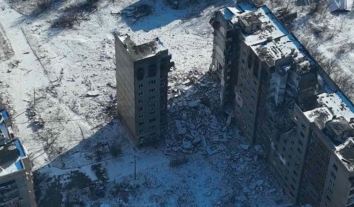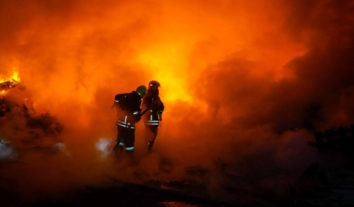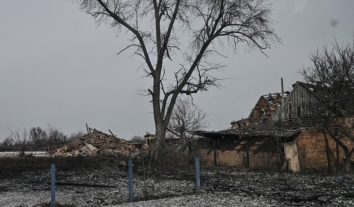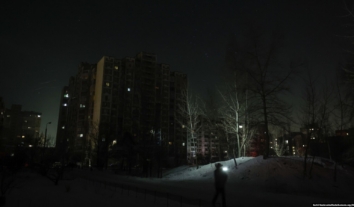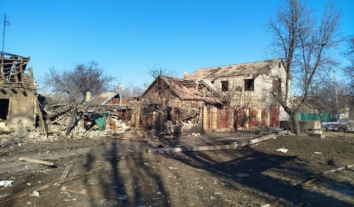Constitutional Court Postpones Consideration of Lustration Law
The Constitutional Court has postponed consideration of the lustration law. The date of beginning of consideration will be announced later.
This was reported to Ukrayinska Pravda by Leonid Emets, parliamentary representative in the Constitutional Court.
The decision was read by Yuriy Baulin, the head of the Court, that, according to this decision, “the date of initiation of the review will be announced later.”
Thus, the court granted Emets’s petition to postpone the hearings until a decision on the law is made by the Council of Europe’s Venice Commission and amended by the Verkhovna Rada.
At the same time, the court dismissed another petition regarding the questioning of 231 deputies who voted for the law on lustration, as well as Oleksander Turchinov, who signed it.
Also, the judges took into account the comments made by representative of the Verkhovna Rada to the Constitutional Court that the seven judges should recuse themselves, because they “do not have the right to hear the case due to a conflict of interest.”
“If, in the framework of the case, it can be proven that they have contributed to the usurpation of power by Yanukovych, they would be interested in repealing the law on lustration,” explained Emets.
Earlier, representatives of the Public Lustration Committee announced a demonstration near the Constitutional Court building in order to prevent the abolition of the lustration law.
It was noted in the Public Lustration Committee that “there is a strong likelihood that the Constitutional Court of Ukraine, which is under pressure from former high-ranking officials from the Yanukovych period, may abolish the lustration law, which would lead to the disruption of the lustration process in Ukraine and the possible return of former Regionals [members of Yanukovich’s party].”
Karl Volokh, a member of the Public Council for the Lustration of the Ministry of Justice, member of the working group to finalize the Law, and co-founder of Public Lustration Committee, noted at a press briefing on April 9th that the judges, in particular those on the Supreme Court, have a conflict of interest in this case because many of the judges and their relatives fall under the lustration law for one reason or another.
“The fact is that the judges were the least prepared for lustration, unlike other officials who have been given several years to publish their declarations. The judges closed the Constitutional Court resolution a few years ago and have not published their declarations,” noted Volokh.

